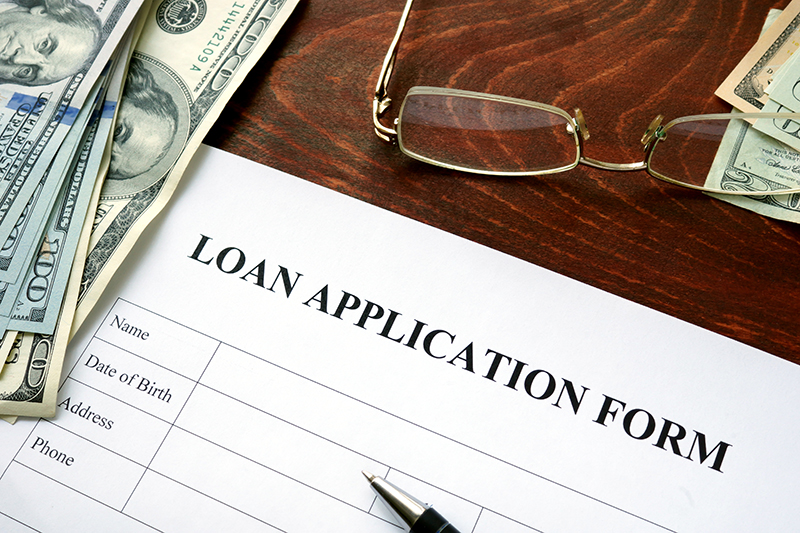Utah's Interest Rate Protections

Practically every adult has dealt with interest rates at some point. Whether the interest was tied to a vehicle purchase, credit card, or bank loan they generally work the same. Borrowers and lenders are at odds when it comes to setting the interest rate for a loan. Lenders want the highest amount possible to make money off the loan. Borrowers want the lowest percentage to help them repay the loan successfully. To make sure that the lending process if fair and efficient the state government may set interest rate ceilings as a compromise. There are several interest rate laws in the state of Utah that dictate how much lenders can charge.
How Rates Are Set
Like any other state, Utah sets the interest rate amounts depending on the type of loan involved. Overall, Utah’s interest rate laws set the maximum rate at 10% (Utah Code 15-1-1, et seq.). Anything above this amount requires a valid contract between the two parties. If a lender attempts to charge more than 10% without a contract, he or she is committing a felony in the 3rd degree.
Rates Set by Contract
As mentioned above, Utah Code 15-1-1, et seq. requires a contract to enforce an interest rate above the maximum legal amount. When two parties contract for a loan they are free to set whatever interest rate they choose. When a contract fails to specify an interest rate it will be set at 10%. However, if no time period is set in the contract the law will impose the maximum legal interest rate allowable per the year of the contract.
Interest Rate Exceptions
There are a couple situations where the interest rate may be higher or lower than the standard amount set by the law. For judgments, Utah adheres to the federal post-judgment standard as explained in 28 U.S.C. Sec. 1961, as amended. This federal statute makes it possible for Utah courts to apply interest to judgments.
For most cases, the interest rate will continue to be the amount originally contracted on between the parties. The main exception is for cases involving check cashing advances. Utah law also allows the judgment holder to collect an extra 2% on top of the federal post-judgment rate.
Pawnbrokers in the state of Utah are allowed to set their own rates. Title 11, Chapter 6, Section 4 of the Utah Code grants this authority. Therefore, pawnbrokers across the state are not subject to the usury laws.
Help With Interest Rates
Predatory lending occurs in many different scenarios. If you believe you are being taken advantage of you may need to contact an experienced attorney. The business law attorney at T.R. Spencer Law Office can help!